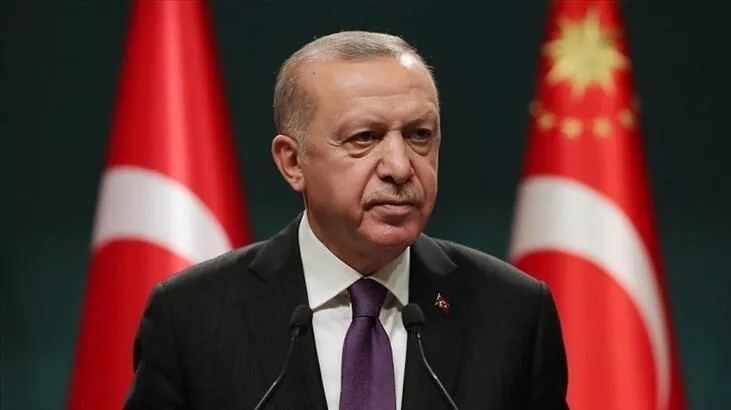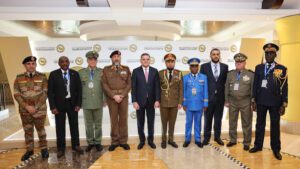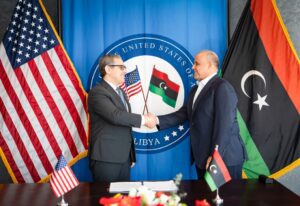Africa Intelligence, a French website, has reported that the Turkish President, Recep Tayyip Erdogan, wants to host a meeting between the Speaker of the Libyan House Of Representatives (HoR), Aqila Salah, and the Head of the High Council of State (HCS), Khalid Al-Mishri, on July 21.
The report indicated that the meeting will also host representatives of the main countries involved in the crisis, as Turkey wants to put an end, one way or the other, to the feud between Prime Minister Abdul Hamid Dbeibah and the HoR-designated PM Fathi Bashagha.
Africa Intelligence said that the surge in “popular and sometimes violent protests” that rocked Libya in the first week of July caused a strong reaction in Turkey.
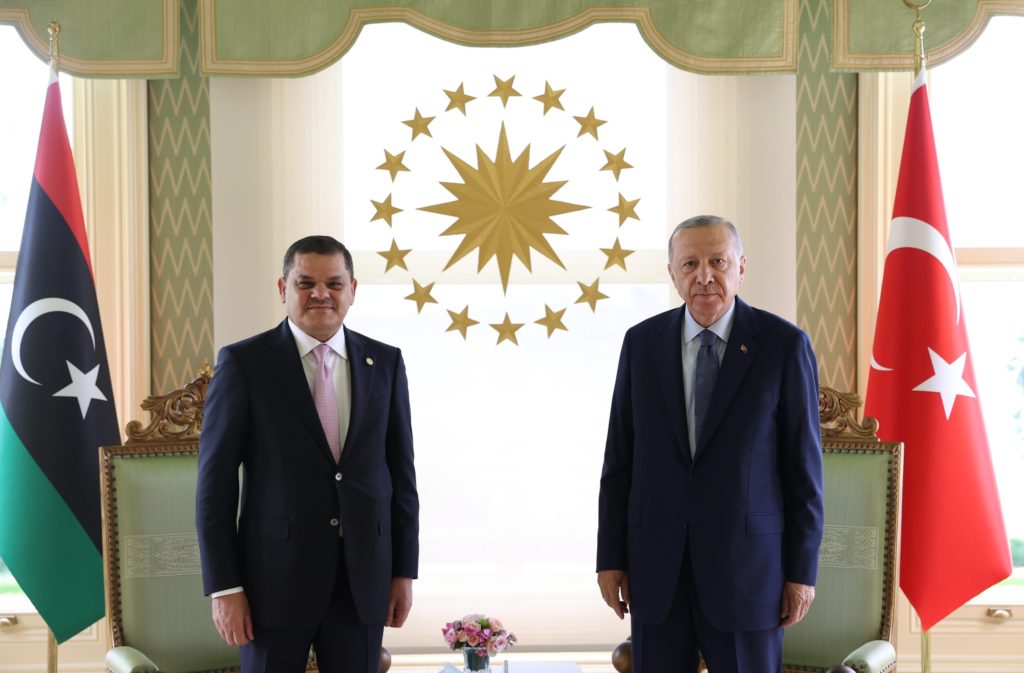
“With the prospect that the country could sink back into chaos becoming more of a reality, President Recep Tayyip Erdogan wants to regain control of the explosive situation.” The report says.
According to the report, Erdogan has invited the HoR Speaker, Aqila Saleh, to visit Turkey on July 21 at the same time as the Head of the HCS, Khalid Al-Mishri.
Saleh will be joined in Turkey by south Libya HoR member Al-Hadi Al-Saghyer, who is the Head of the parliamentary committee in charge of the electoral process and relations with the High National Electoral Commission (HNEC), and east Libya HoR member Youssef Al-Agouri, who is the Chairman of the Foreign Affairs Committee. On the other hand, Al-Mishri will be accompanied by Fawzi Al-Agab, his deputy and the person in charge of his sensitive negotiations.
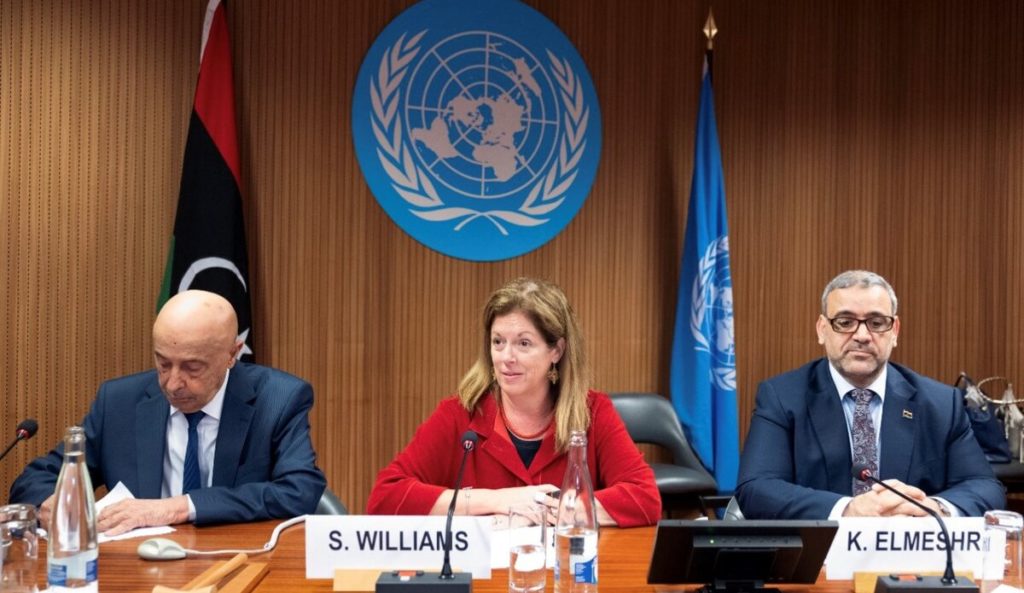
Turkey Takes the Lead
The report says that Erdogan wants to once again be driving the international response to the Libyan crisis and that’s why the meeting between the two Libyan delegations is scheduled on the same day and in the same place as another meeting between the member states of the “3+2”, namely the United States, the United Kingdom, France, Germany and Italy, who will be joined by Egypt, Qatar, and Turkey as the host.
The UN Advisor on Libya, Stephanie Williams, will also attend in what is to be her last meeting in this capacity because on July 05, her mandate was only extended by a month but UN Secretary General Antonio Guterres’ difficulties in finding a replacement may require her to stay on a little longer, The report suggests.
The report indicated that it was the Turkish deputy foreign minster Sedat Onal that initiated the Turkey gathering during an informal meeting in Rome, just after the largely unproductive UN-led round of negotiations in Geneva on 30 June.
“To everyone’s surprise, the Turkish diplomat asserted that Bashagha would eventually succeed in installing his executive in Tripoli, after his failed attempt in May. Moreover, France, which has long backed Haftar and has given its full support to the pro-Bashagha alliance, was on board with his suggestion to hold a new mini-summit in Turkey.” Africa Intelligence reported.
Dbeibah or Bashagha: Turkey’s Pick
The report says that after long counting on Dbeibah, Erdogan and his senior staff, especially his intelligence chief Hakan Fidan, and his special adviser on national security, Ibrahim Kalin, have taken a more balanced approach to the rivalry in Libya.
It also adds that to that end, Turkey has reopened a consulate in Benghazi and on numerous occasions the Turkish senior officials held meetings with HoR members from eastern Libya and Bashagha’s delegates, as well as Bashagha himself twice, first on 30 April and then on 12 May.
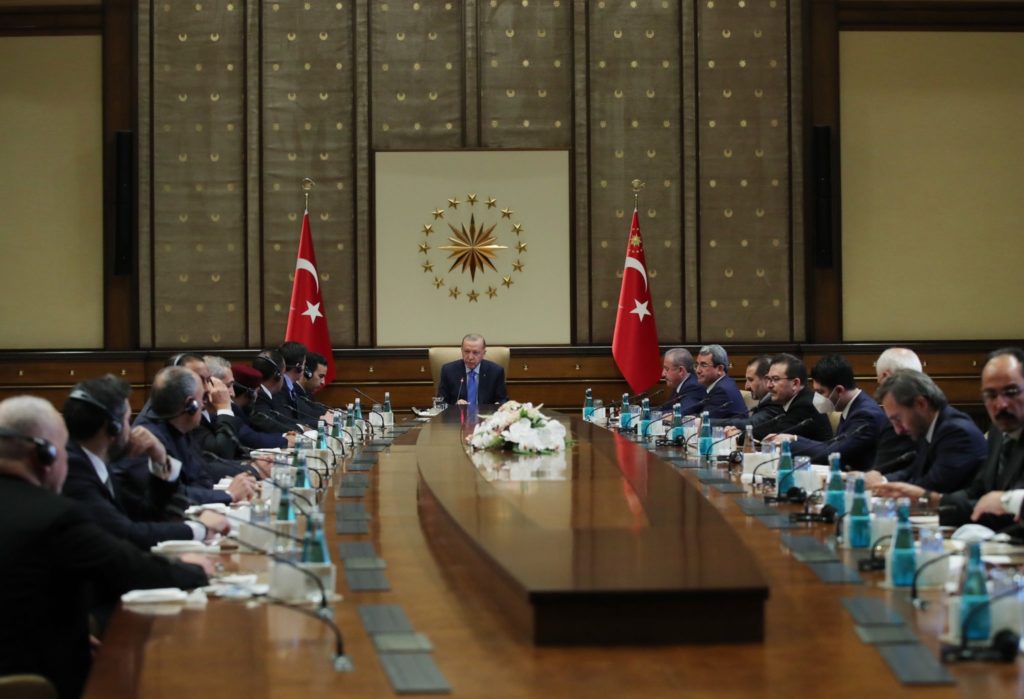
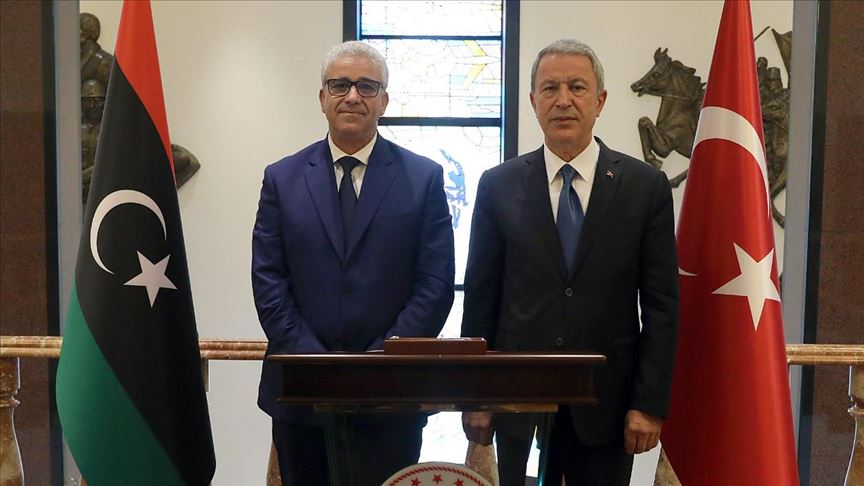
“As it stands, Turkey could go along with either an extension of Dbeibah’s term or with his rival, Bashagha, being installed in the capital Tripoli.” Th report reiterated.

